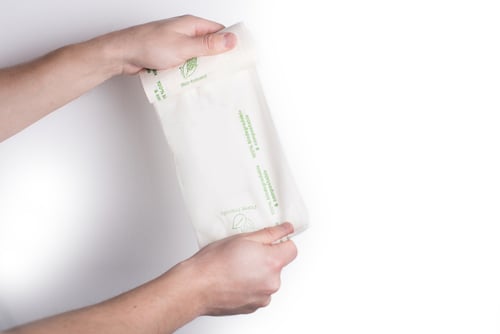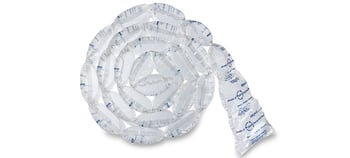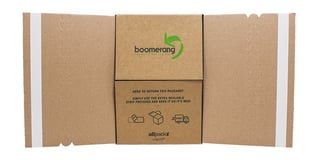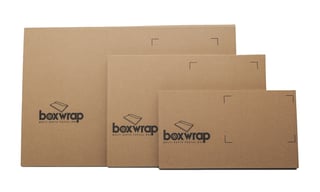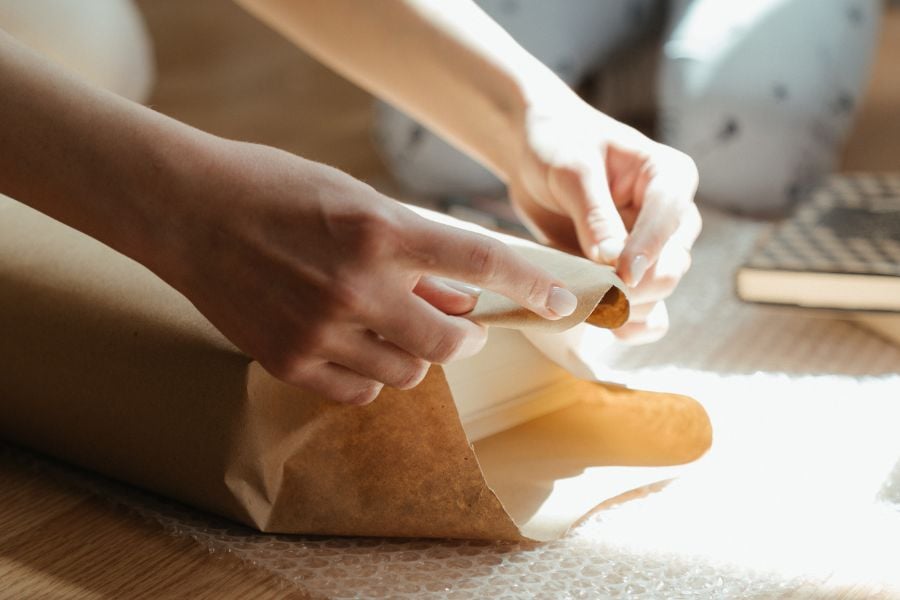
In our evolving relationship with the planet, a new player has taken centre stage – the circular economy. This economic model rejects the old 'take, make, dispose' routine and instead puts forth a sustainable paradigm consisting of resource efficiency, waste reduction, and material reuse. Packing is a crucial element of the circular economy, and understanding the role it plays in this system is essential for creating a more sustainable future.
Understanding the Circular Economy and Packaging’s Role in Driving Change
The circular economy envisions a closed-loop system where products and materials are designed, produced, used, and recycled in a way that reduces environmental impact. This holistic approach aims to eliminate waste and promote the continuous use of resources, fostering improved sustainability across industries and geographies.
Packaging is an integral part of product life cycles, meaning it’s a key player in transitioning towards a circular economy. The traditional linear approach to packaging has led to an alarming increase in plastic pollution and environmental degradation, along with a growing reliance on virgin plastic. To address this issue, sustainable packaging has emerged as a crucial component of the circular economy.
Circular Packaging: A Sustainable Solution
Circular packaging is designed with the principles of the circular economy in mind. It focuses on creating packaging materials that are easily recyclable, reusable, or compostable. Unlike traditional packaging that often ends up in landfills, circular packaging strives to close the loop by contributing to a system where materials are continuously reused or recycled.
A key aspect of circular packaging is its emphasis on responsible sourcing and manufacturing processes. This involves using renewable materials, reducing energy consumption, and minimising the environmental impact throughout the packaging life cycle. The goal is to create packaging that not only protects products but also aligns with the principles of sustainability.
Designing for a Circular Economy
Design plays a pivotal role in the effectiveness of circular packaging. Packaging designers are now challenged to create solutions that are both aesthetically pleasing and environmentally responsible. This entails considering the entire life cycle of a product, from raw material extraction to disposal, and finding ways to minimise negative environmental impacts.
Innovative packaging design is at the forefront of the circular economy. By prioritising materials that can be easily recycled or composted, designers contribute to the creation of a closed-loop system. The concept of 'designing out waste' is central to circular packaging, encouraging the creation of products and packaging that have a minimal environmental footprint.
Biodegradable Materials
One notable approach is the use of biodegradable materials, such as plant-based plastics or bio-composites. These materials break down naturally over time, reducing the burden on landfills and minimising the environmental impact.
Recyclable Packaging Solutions
Designers are increasingly opting for materials that are easily recyclable, fostering a seamless integration into existing recycling systems. For instance, cardboard and paper packaging, when sourced responsibly, can be recycled multiple times without compromising their quality.
Reusable Packaging Systems
Imagine a world where your packaging is as versatile as the product it contains. Designers are championing the cause of reusable packaging systems, creating containers and boxes that consumers can use repeatedly. This not only reduces waste but also encourages a shift towards a more sustainable, circular mindset.
Minimalist Design Philosophy
Less can indeed be more when it comes to circular packaging. Embracing a minimalist design philosophy, designers aim to create packaging that uses fewer materials without compromising functionality or protection. This streamlined approach not only reduces environmental impact but also aligns with the ethos of 'designing out waste.'
Upcycling and Second Life Initiatives

Some designers are taking a step further by considering the end-of-life possibilities of their packaging. They incorporate features that make it easy for consumers to repurpose or upcycle the packaging into something new and useful, extending its life beyond its original purpose.
By championing these examples and embracing the 'designing out waste' mantra, packaging designers are not only redefining their craft but also contributing significantly to the circular economy. Through more thoughtful choices, these changes create a ripple effect, encouraging consumers and businesses alike to rethink the lifecycle of products and packaging, paving the way for a more sustainable and circular future.
The Collaborative Effort Towards Sustainability
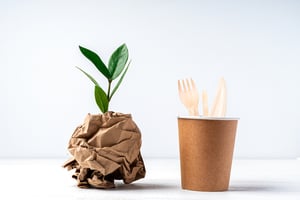
Achieving a circular economy requires collaboration among various stakeholders, including consumers, businesses, and policymakers. Consumer awareness and demand for sustainable packaging are powerful drivers for change. Businesses, in turn, must adopt and promote sustainable practices in their packaging strategies, fostering a sense of responsibility for the products they create.
Policymakers also play a crucial role in shaping the regulatory environment to incentivise sustainable packaging practices. By implementing policies that encourage recycling, regulate single-use plastics, promote eco-friendly alternatives and for governments to contribute to the broader transition toward a circular economy.
The role of packaging in the circular economy is pivotal for creating a sustainable and environmentally viable future. Circular packaging not only minimises waste but also encourages responsible production and consumption patterns. As consumers, businesses, and policymakers increasingly embrace the principles of the circular economy, it’s essential to move closer to a world where packaging is not just a means of protecting products, but a catalyst for positive environmental change. The transition to circular packaging is a shared responsibility, and by working together, we can build a more resilient and sustainable global economy.
Action Change in Your Operation with Allpack
If you're considering a transformation in your packaging operation to align with circular economy principles, we've got you covered. We can guide your business toward sustainable choices, incorporating eco-friendly materials, waste-free pack station design, innovative product solutions, and efficient reuse systems. Take the first step towards a more sustainable operation by reaching out to us today, by calling us on 01543 396 700, send us a message or email our packaging experts at sales@allpack.uk.com for expert insights and tailored assistance.
